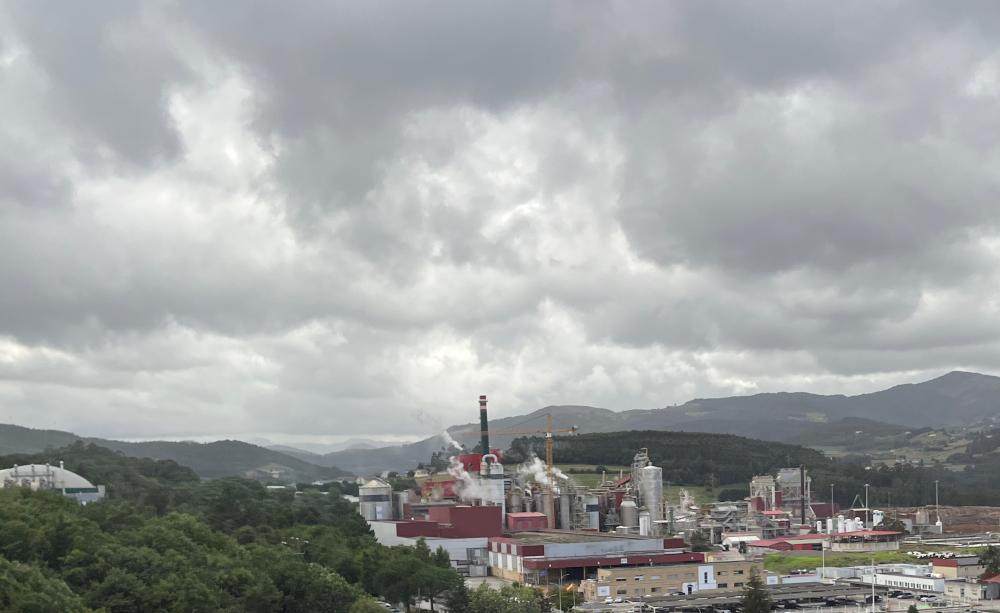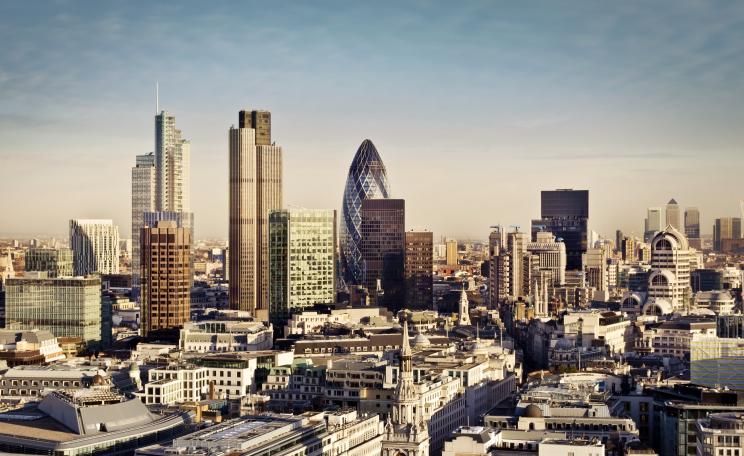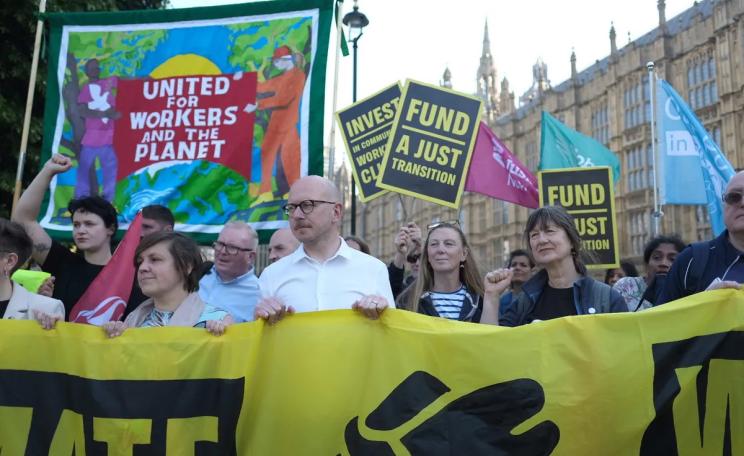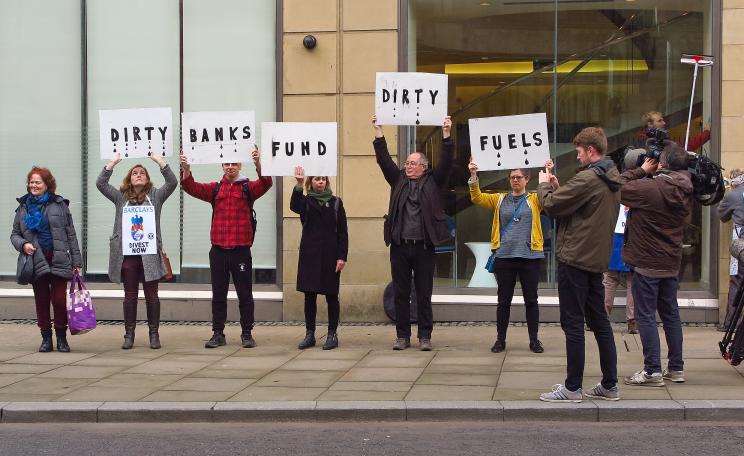The world’s collective failure to get to grips with climate change leaves us on the cusp of an unpredictable and economically destructive time.
The rate of decarbonisation is falling dangerously short of what is required for a safe future climate, according to the latest analysis from PwC.
The financial services giant has released its Net Zero Economy Index – an annual analysis that has tracked economic growth and CO2 emissions for 15 years against the decarbonisation rates required to achieve the aims of the Paris Agreement.
The 2023 analysis suggests that global year-on-year decarbonisation must now hit a rate of 17.2 per cent to limit global warming to 1.5C above pre-industrial levels – up from 15.2 per cent in 2022.
Ambition
This is seven times greater than the global decarbonisation rate of 2.5 per cent achieved over the last year, the report said.
The required rate is also 12 times greater than the global average of 1.4 per cent seen over the past two decades.
The index said that no G20 country has reached a decarbonisation rate of more than 11 per cent since 2000, with the UK achieving the highest level in 2014 at 10.9 per cent.
PwC said the analysis highlights the growing gap between global ambition to tackle climate change and the reality of current progress.
It called on all nations to work harder to reduce emissions to meet the Intergovernmental Panel on Climate Change’s 2030 deadline to reduce emissions by 43 per cent.
Decarbonise
A 78 per cent global reduction of carbon intensity is now needed to meet the deadline in under seven years, the analysis found.
However, the index also shows a surge in renewable energy adoption last year.
Solar energy saw its highest growth ever recorded at 24.4 per cent, while wind energy increased by 13.1 per cent, according to the analysis.
This growth was primarily seen in Asia (particularly China) as well as the United States and Europe.
Emma Cox, global climate leader at PwC, said: “The fact the world needs to decarbonise seven times faster is a spur to action, not a counsel of despair.
Disruptive
“While the overall pace has to pick up rapidly, dramatic change is possible when business and policymakers align.
“The rapid acceleration of the deployment of wind and solar in several regions shows change can happen. The world is decoupling growth from carbon emissions, now we need that trend to become a surge.”
Dan Dowling, net zero and sustainability partner at PwC, said: “The world’s collective failure to get to grips with climate change leaves us on the cusp of an unpredictable and economically destructive time.
“We must now bend the curve on emissions growth and urgently seize the opportunity to realign our global economy and net zero pathway with a 1.5C future climate.
“To achieve our global ambition, and starting this year, it is time to embrace a bold, commercial and disruptive phase of global redevelopment that is driven by mass deployment of clean technologies, accelerated by practical innovation, and scaled with sustainable finance.”
This Author
Rebecca Speare-Cole is the PA sustainability reporter.







